What’s your favorite insect? Oh, I know that we, as women, aren’t supposed to like insects. It’s expected that we run screaming every time we see one. I am not stereotypical. And I don’t like all insects (mosquitoes, for instance), but I do have my favorites.
I learned early on which ones to steer clear of. Hornets would sting you for no other reason than you were in their way. Mosquitos would leave red, itchy wounds that could get infected. Butterflies and moths, likewise, were untouchables, not because they could hurt you but because they were lovely, fragile creatures of beauty, to be admired from afar.
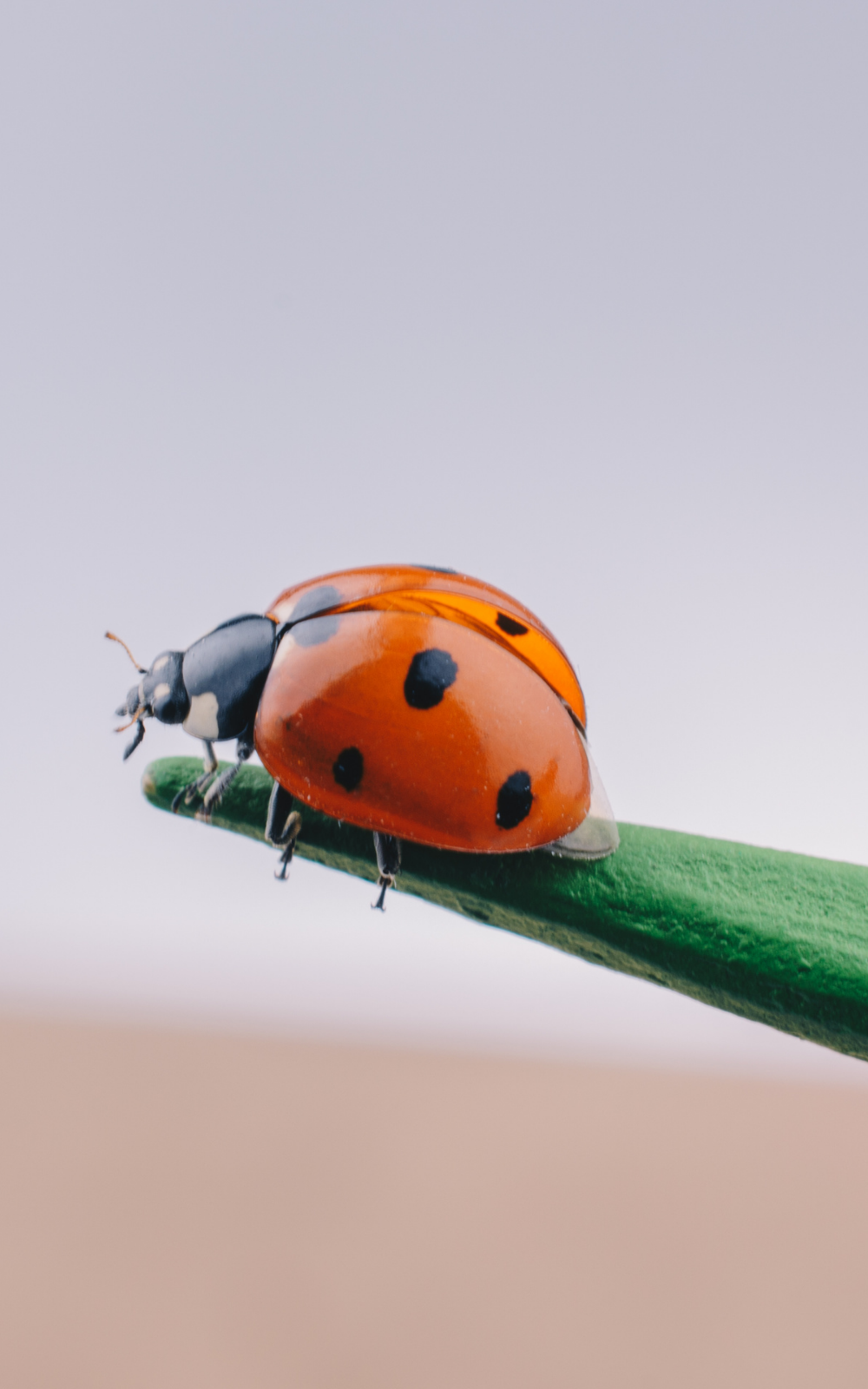
When I was a child, my absolute favorite little bug was the ever-popular ladybug. It didn’t bite, it was friendly and didn’t seem to shy away from the clumsy hands of a small child. Plus, her picture was easy to draw and color with the brightest red in the crayon box, which was always appealing to me. I loved her little size and the fact that she seemed to stay around much longer than other flying creatures. Flies and dragonflies all seemed to be in such a hurry to be somewhere else!
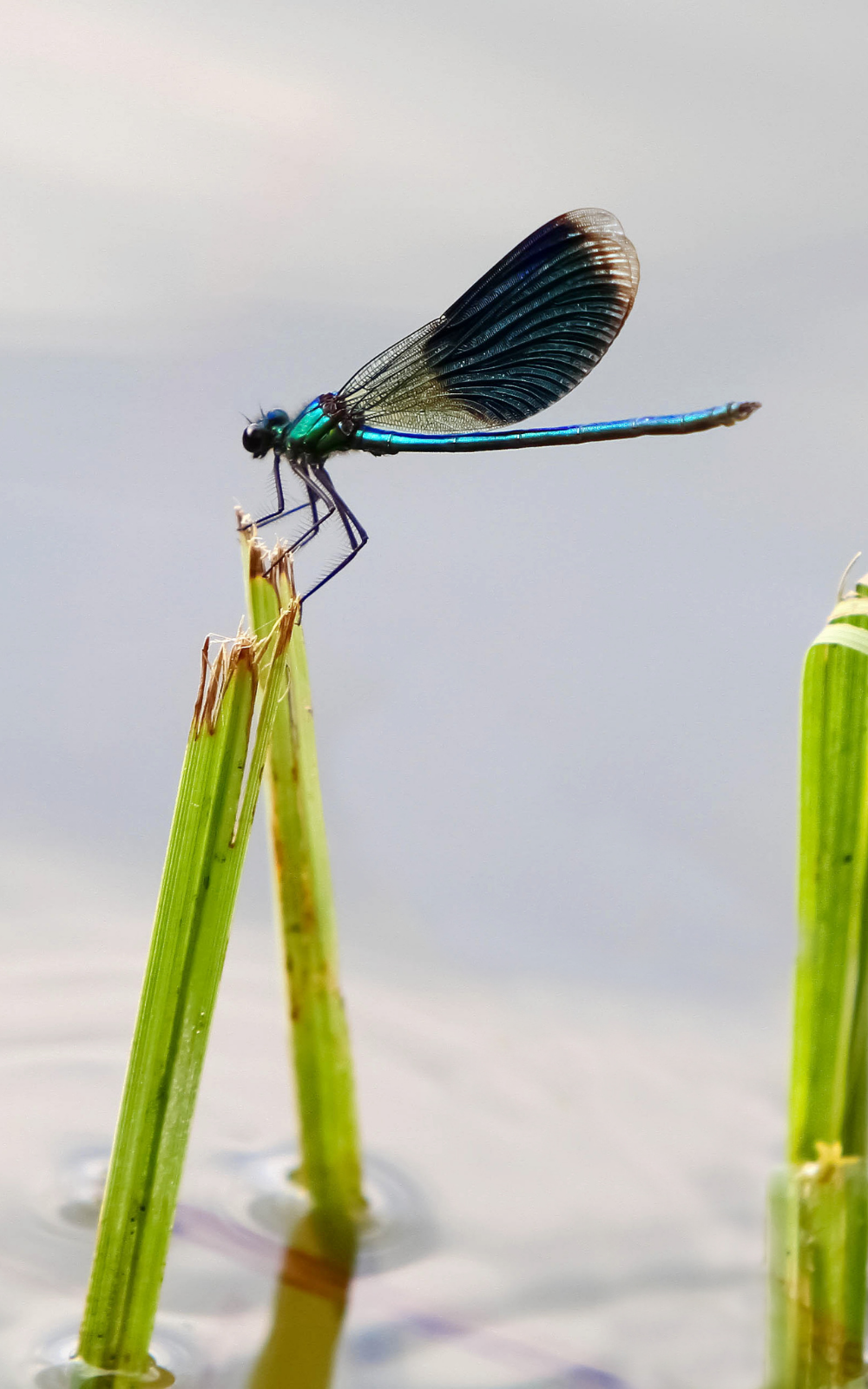
Later, as I grew older and learned the benefits of insects, my favorite became ‘waking sticks’. They have an odd, ungainly look about them, but they eat the “bad bugs”, which was always a plus in my eyes. There is an elegance about walking sticks that other insects don’t necessarily have, with their long legs and arms. And their little heads move about as if on a swivel, allowing them to take in their surroundings without moving their bodies. Actually, I think walking sticks have very expressive faces, with their huge eyes, taking in everything.
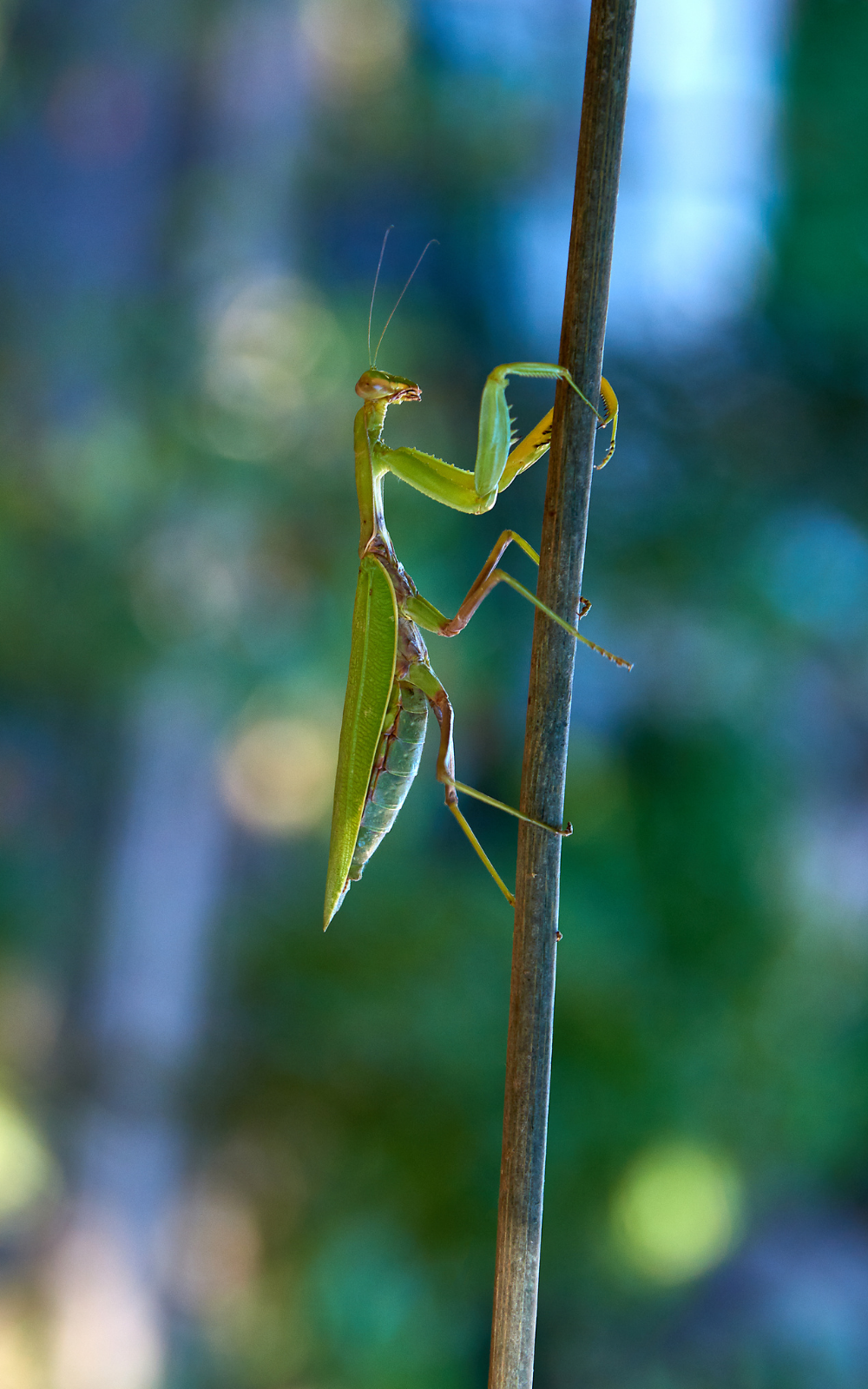
I have been known to keep a walking stick in the house, on my inside plants to help keep aphids away. However, once when my daughter-in-law saw one in the kitchen window, she freaked out and killed it before I could stop her. I haven’t tried to domesticate another one since then.
If you are observant you will already know what my most recent insect obsession is. I have always liked bees but in recent years, it has become obvious that we, as humans, may need to help the bees survive. It isn’t just so we can have honey, though that is a good reason, but because bees are one of the major pollinators in the world. Without them, our food supplies would dwindle. And their population is plummeting at an alarming rate. I have been in a position where I had to hand pollinate my plants and I can testify that it is a time-consuming project. We, as humans, would never get the job done. And certainly not as efficiently as the humble little honeybee!
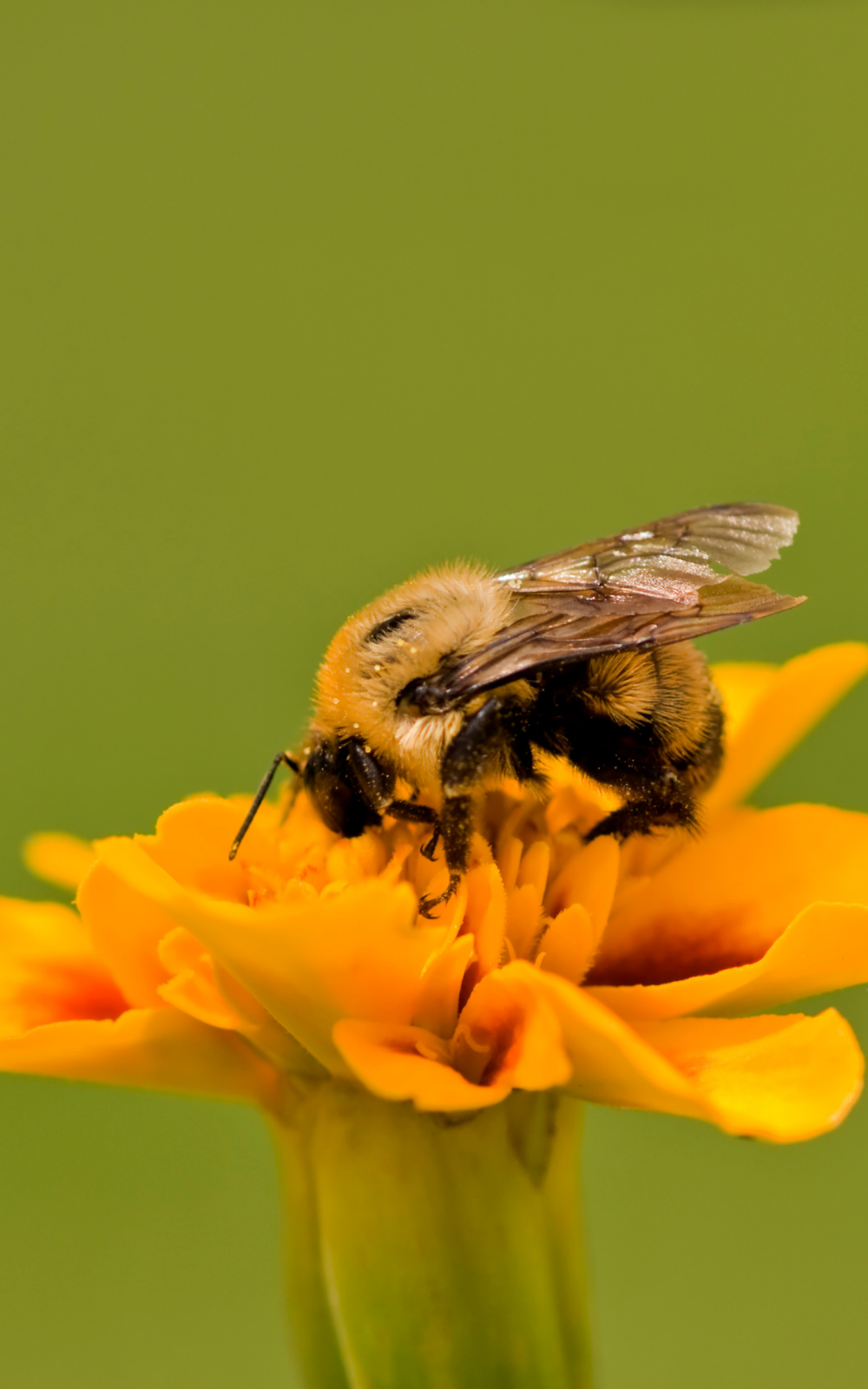
There was a point in time that I didn’t care very much if my food was organic or not. In my ignorance, I actually preferred the non-organic fruits and vegetables sold in the supermarket. They were so pretty and healthy-looking. In fact, I had it just backwards. They were riddled with pesticides and covered with inedible coatings to preserve them. Now, I try as often as possible to make my purchases from the organic section. It is a shift we should all make, in my opinion. We need to choose wisely how we grow our crops. Some heavy-duty fertilizers and weed killers should be banned outright, I think. They cause nothing but damage; to the soil, to the air and water, to humans. And the demise of the little bee is a good indicator of that.
We, as humans, need to take a step back and be more observant of the world around us. This is our home and we should want it to be in the best possible condition. We should want our air to be fresh, our water to be free of pollutants, our foods to contain the nutrients our bodies need to grow and flourish. We can do all these things by being more cognizant of our surroundings. Get involved. Be observant. Get back in touch with nature. Walk barefoot in the grass. Make friends with the insects. Especially the humble little bee. If you pay attention, they will tell you what you need to know.
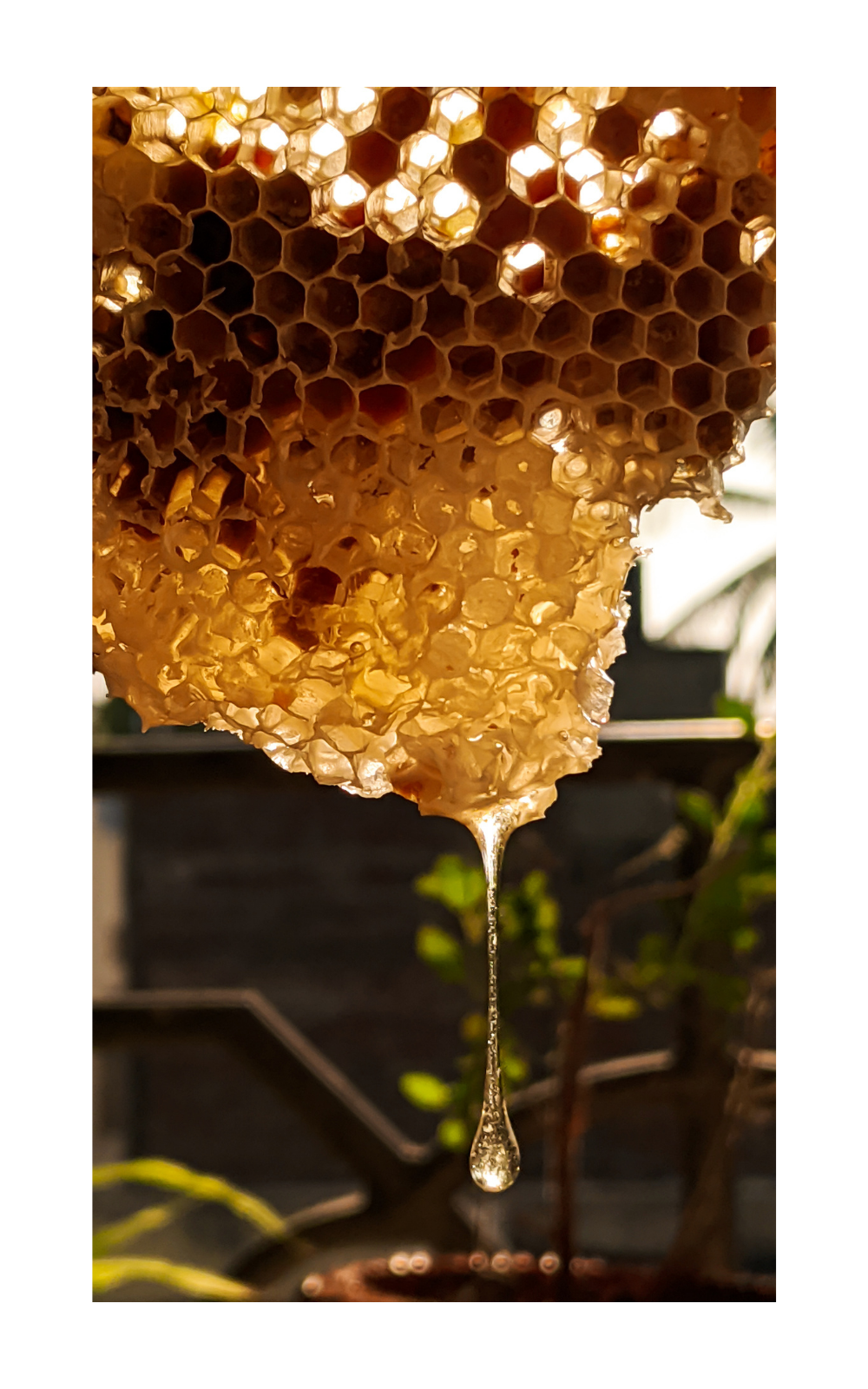
What do you think of the current crisis with honeybees? Do you think we can turn it around? Or should we just get used to a life without honey?
